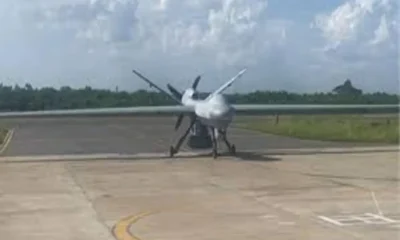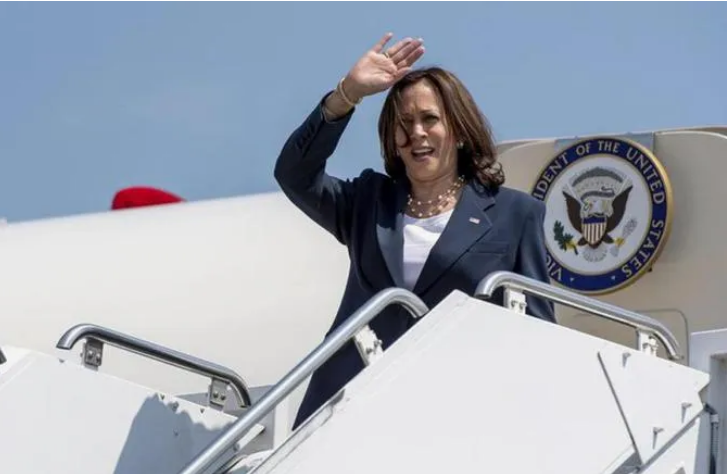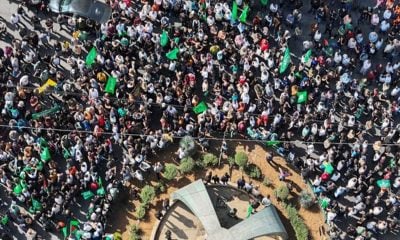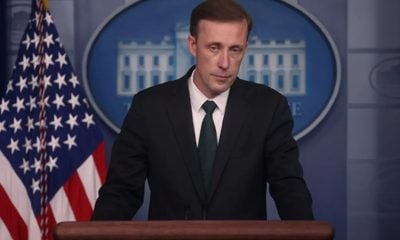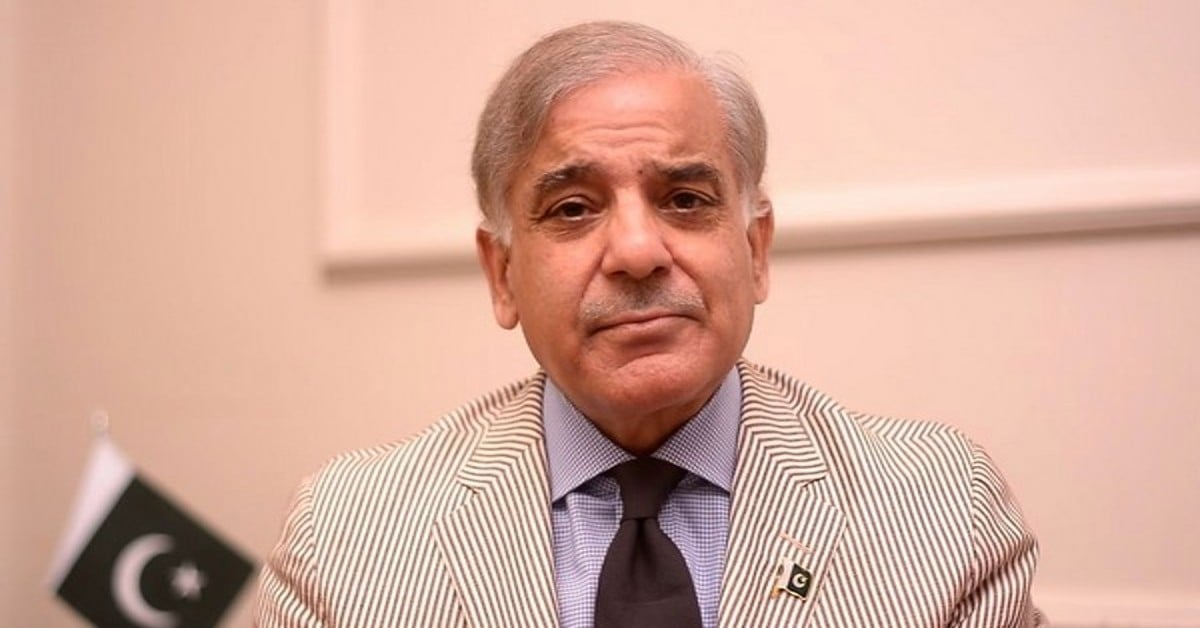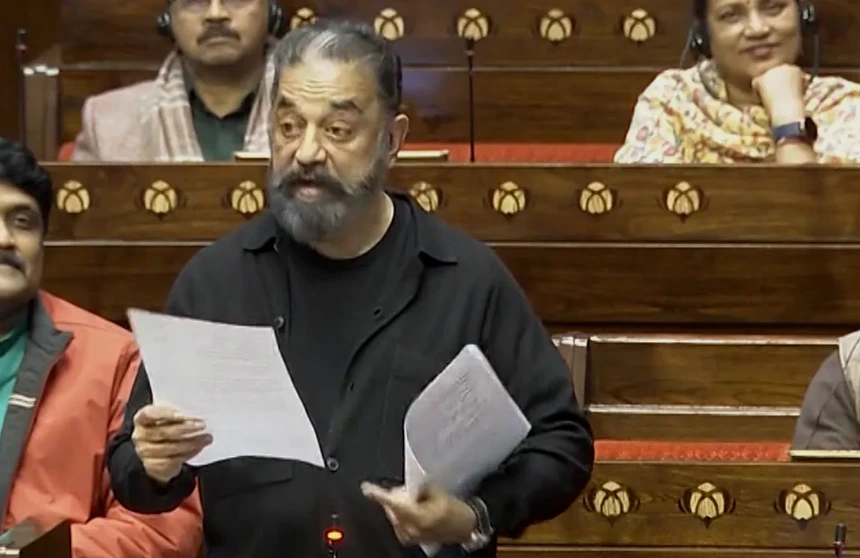[vc_row][vc_column][vc_column_text]A Boeing jetliner with 143 people aboard from the U.S. outpost at Guantanamo Bay, Cuba, slid off a runway into a shallow river in Jacksonville, Florida, on Friday while attempting to land at a military base there during a thunderstorm, injuring 21 people.
There were no reports of fatalities or critical injuries. The Jacksonville Sheriff’s Office said on Twitter that all 21 of the injured were taken to a hospital, where they were listed in good condition.
The plane, a chartered Boeing 737-800 arriving from Naval Station Guantanamo Bay in Cuba with 136 passengers and seven crew members, crashed into the St. Johns river at the end of the runway at Naval Air Station Jacksonville at about 9:40 p.m. local time, a spokesman for the Florida air base said.
“The plane was not submerged. Every person is alive and accounted for,” the sheriff’s office said on Twitter.
The sheriff’s tweet was accompanied by two photographs showing the plane, bearing the logo of Miami Air International, resting in shallow water and fully intact.
The mayor of Jacksonville, Lenny Curry, said on Twitter that US President Donald Trump had called him to offer help.
“No fatalities reported. We are all in this together,” Curry said in a separate tweet.
A passenger on board the plane, attorney Cheryl Bormann, told CNN in an interview that the flight, which had been four hours late in departing, made a “really hard landing” in Jacksonville amid thunder and lightning.
“We came down, the plane literally hit the ground and bounced. It was clear the pilot did not have total control of the plane. It bounced again,” she said, adding that the experience was “terrifying.”
Bormann said she hit her head on a plastic tray on the seat in front of her as the plane veered sideways and off the runway. “We were in the water, we couldn’t tell where we were, whether it was a river or an ocean.”
The military base is situated on the western bank of the St Johns River about 8 miles south of central Jacksonville, in the northeastern corner of Florida about 350 miles north of Miami.
Bormann described emerging from the plane onto the wing as oxygen masks deployed and smelling the jet fuel that she said was apparently leaking into the water.
Bormann, from Chicago, said that most of the passengers were connected to the military and helped each other out of their seats and onto a wing, where they were assisted after some time into a raft.
Miami Air International is a charter airline operating a fleet of the Boeing 737-800, different from the 737 MAX 8 aircraft that has been grounded following two fatal crashes involving that plane.
Representatives for the airline could not immediately be reached for comment by Reuters on Friday evening.
The charter company is contracted by the military for its twice-weekly “rotator” roundtrip service between the US mainland and Guantanamo Bay, said Bill Dougherty, a spokesman for the Jacksonville base.
It flies every Tuesday and Friday from the Naval Station Norfolk in Virginia to the Jacksonville air station and on to Cuba. It then flies back to Virginia with a stop again at Jacksonville, he said.
The rotator service typically flies military personnel, family members, contractors and other civilians traveling from the United States to Guantanamo Bay. But officials said the mix of civilians and military personnel on the plane that crash-landed was not immediately known.
A Boeing spokesman said that the company was aware of the incident and was gathering information.
(With Reuters Inputs)[/vc_column_text][/vc_column][/vc_row]


 Latest world news12 hours ago
Latest world news12 hours ago
 Latest world news12 hours ago
Latest world news12 hours ago
 Cricket news12 hours ago
Cricket news12 hours ago
 India News8 hours ago
India News8 hours ago
 India News3 hours ago
India News3 hours ago
